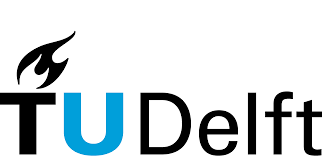Implementation of retrieving the fragment short/long ratio's (FSLR) from the DELFI method by Cristiano et al. [1] implemented in Python. Supports multiprocessing and the use of .yaml files to set program parameters.
Recommended installation uses a new Anaconda environment.
Then to run the project, simply call the src/fslr.py from the root directory with the desired config file like so:
python src/fslr.py -c configs/delfi_fslr.yaml- The experiment name is set in the config file, or in the command line using
-e experiment_name - All results and model outputs will be stored in the project's
resultsdirectory - The results are stored as .bam file specific npy arrays of the FSLR ratio's
- All informational print statements are saved to a log.txt file, using a logger found in the util folder.
- The genomic bins of interest should be provided in a .bed file, and can be generated by
genome_bins.pyinsrc/util. - This project also used the default ENCODE blacklist file which should be stored in
/beds.
.
├── LICENSE
├── README.md
├── .gitignore
├── beds
│ └── hg38_100kb.bed
│ └── hg38_5mb.bed
├── configs
│ └── delfi_fslr.yaml
├── data/
├── results/
└── src
├── util/
├── fslr.py
- Bram Pronk [email protected]
- Cristiano, S., Leal, A., Phallen, J. et al. Genome-wide cell-free DNA fragmentation in patients with cancer. Nature 570, 385–389 (2019). https://doi.org/10.1038/s41586-019-1272-6


